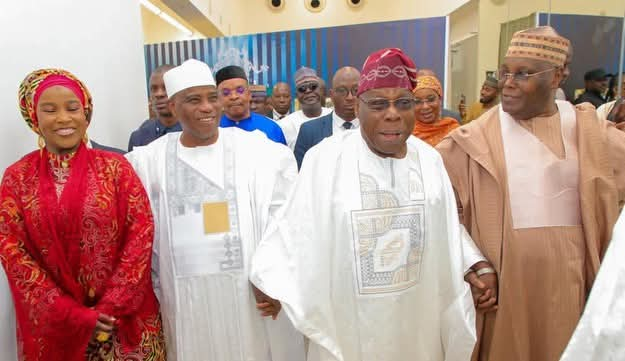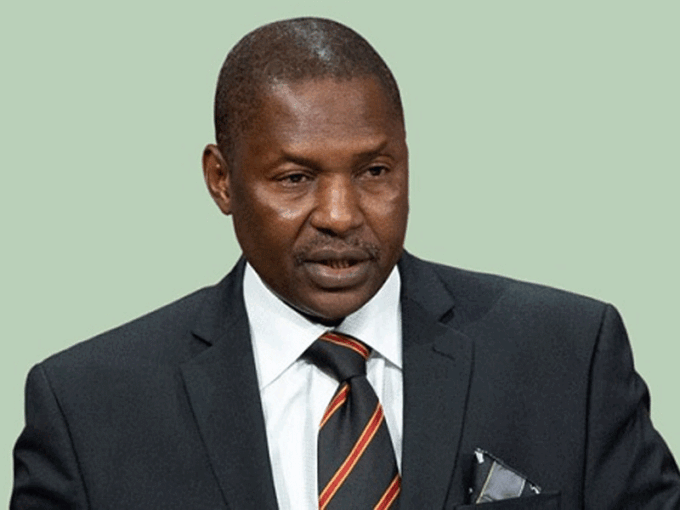Yinka Olatunbosun
Recently, Nigeria has scored a major cultural milestone as esteemed archivist, historian, and curator Dr. Oludamola Adebowale was recently appointed to the Executive Committee of the International Council on Archives (ICA) Section on Archives of Literature and Art (SLA) for the 2025–2029 term. The appointment places Nigeria at the centre of global conversations on the preservation, accessibility, and advancement of literary and artistic heritage.
The SLA Executive Committee—made up of experts from some of the world’s most influential archival institutions—will steer global policies, scholarly initiatives, cross-border collaborations, and the development of ethical archival practices for the next four years. Adebowale, who joined the International Council on Archives (ICA) several years ago and remains an active member, now represents Nigeria on this prestigious global platform.
Nigeria has a rich cultural heritage, and archiving its history is crucial for preserving national identity and promoting cultural understanding.
However, challenges have persisted. Inadequate resources have hindered preservation efforts; Nigeria has lost valuable artifacts to colonial powers and there has been limited access to technology and digital infrastructure in the sector.
Currently, Nigeria has strengthened ties with international organisations to transform the cultural archiving system. Hence, Adebowale’s inclusion on the committee is expected to significantly elevate Nigeria’s archival ecosystem. His contribution will help in strengthening Nigeria’s visibility and influence within global cultural heritage networks; expand international collaborations that support digitisation, preservation training, and institutional partnerships.
In addition, Adebowale’s appointment will help position Nigerian literary and artistic archives within major global research platforms and scholarly discussions and advocate for the inclusion of African narratives, languages, and histories within international archival standards.
His appointment arrives at a crucial time as Nigeria intensifies efforts to document its creative and historical heritage, from literature and visual arts to cultural memory and born-digital collections.
A Distinguished Global Committee, the 2025–2029 SLA Executive Committee includes: Heather Dean (Canada)- Chair, Section on Archives of Literature and Art; Dr. André Derval (France), Dr. Heidi Egginton (Scotland), Dr. Sebastian Gurciullo (Australia), Sandrine Guérin (USA), Catherine Hobbs (Canada), Dr. David Sutton (UK), Yayoi Tsutsui (Japan) and Elisabetta Zonca (Switzerland).
This diverse cohort will guide major initiatives such as virtual global events, training programmes, collaborative research networks, and the expansion of the World-Wide Directory of Repositories Holding Archives of Literature and Art—one of SLA’s most important international resources.
As part of the Executive Committee, Dr. Adebowale will contribute to shaping the future of archival practice worldwide, with responsibilities that include: supporting global standards for literary and artistic archives; enhancing multilingual and inclusive metadata systems; strengthening ethical and sustainable archival practices; engaging in cross-continental research and digital innovation projects as well as ensuring broader representation of African creative archives on the global stage.
Adebowale, known for his pioneering work in historical preservation, serves as senior curator with the Nigeria-Brazilian Public History Project and is the founder of ASIRI Magazine. He is an Associate Fellow of the Royal Historical Society (UK), a prominent cultural strategist, and curator of landmark exhibitions including Wole Soyinka: Timeless Memories and the British Council 75th Anniversary Virtual Exhibition.
His innovative projects—such as the 1851 Agidingbi Historical Chess Game—continue to shape Nigeria’s evolving narrative culture. He has contributed his expertise to film productions such as Funmilayo Ransome Kuti (2024) and The Man Died (2024).
Adebowale’s appointment reinforces the rising global significance of African archivists and solidifies Nigeria’s growing leadership in cultural memory, preservation, and archival innovation.

















Leave a comment